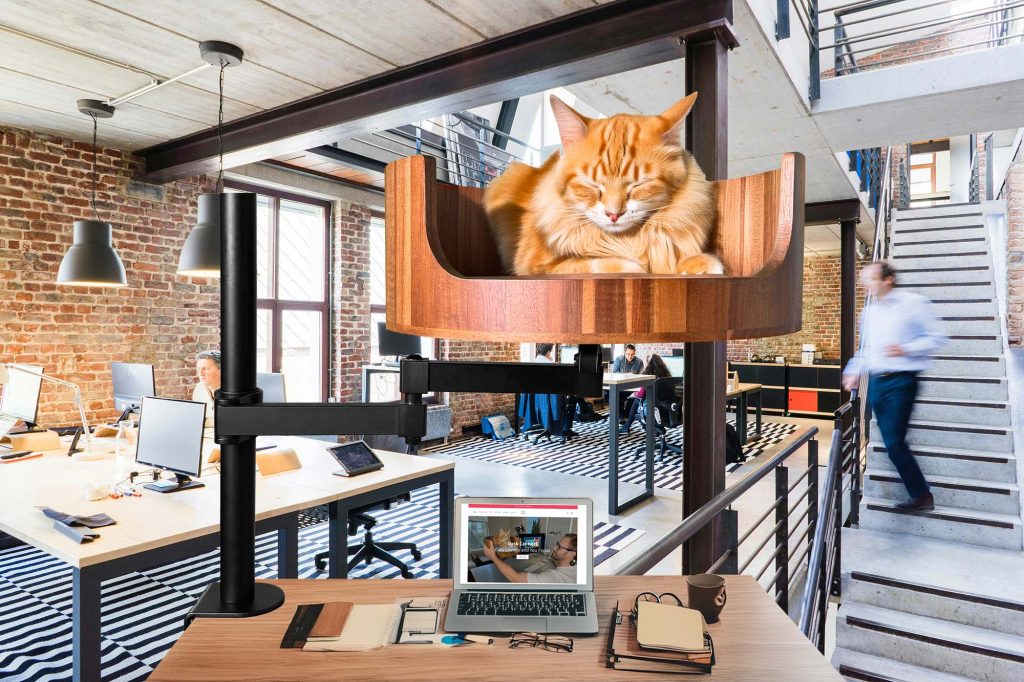Cat owners know how distressing it can be when their feline companion won’t stop vomiting. There can be many reasons why a cat may be experiencing this issue, from dietary indiscretions to more serious health conditions. In this article, we will explore the most common causes of cat vomiting and provide practical solutions for addressing the problem.
First and foremost, it is important to rule out any underlying health issues that may be causing your cat’s vomiting. If your cat is vomiting frequently, it may be a sign of a gastrointestinal disorder, kidney disease, or other serious conditions. It is crucial to consult with your veterinarian to determine the root cause of the issue and develop a treatment plan. Additionally, we will discuss the role of diet in a cat’s digestive health and how making simple changes to their food can help alleviate vomiting episodes. By understanding the potential causes of cat vomiting and implementing effective solutions, you can help your feline friend live a happier and healthier life.
1. Common causes of vomiting in cats include hairballs, dietary issues, and underlying medical conditions.
2. Regular grooming and a balanced diet can help prevent hairballs and digestive issues in cats.
3. Consult a veterinarian if your cat is vomiting frequently or showing other concerning symptoms.
4. Diagnostic tests may be necessary to determine the root cause of your cat’s vomiting.
5. Treatment options vary depending on the underlying issue, so it’s important to seek professional guidance for your cat’s health.
Common Causes of Vomiting in Cats
There are several common causes of vomiting in cats, including hairballs, dietary indiscretion, parasites, infections, and underlying medical conditions such as kidney disease or pancreatitis. Hairballs are a frequent culprit in cats, especially those with long hair or those who groom excessively. Dietary indiscretion refers to eating something that upsets the cat’s stomach, such as table scraps or toxic plants. Parasites like roundworms or giardia can also cause vomiting, as can infections like feline viral or bacterial diseases. It’s essential to consider these potential causes when trying to determine why your cat won’t stop vomiting.
Seeking Veterinary Care
If your cat is vomiting persistently or experiencing other concerning symptoms like lethargy, diarrhea, or weight loss, it’s crucial to seek veterinary care promptly. A thorough physical examination, along with diagnostics like bloodwork, urinalysis, and imaging studies, may be necessary to determine the underlying cause of your cat’s vomiting. Your veterinarian may also recommend specific treatments like medication, dietary changes, or supportive care to help your cat feel better and stop vomiting.
Preventing Vomiting in Cats
There are several ways to help prevent vomiting in cats, such as feeding a high-quality diet, providing access to fresh water, and keeping toxic substances out of reach. Hairball remedies, regular grooming, and parasite prevention are also essential for maintaining your cat’s digestive health. If your cat has a history of vomiting, keeping a journal of their symptoms, triggers, and responses to treatments can help you and your veterinarian identify patterns and make appropriate management decisions to prevent future episodes of vomiting.
Frequently Asked Questions
How can the Desk Cat Nest help with my cat’s vomiting issue?
The Desk Cat Nest provides a safe and cozy space for your cat to rest and relax, which can help reduce stress and anxiety that may be contributing to their vomiting. Additionally, the raised design of the nest can help with digestion by encouraging better posture during and after meals.
Is the Desk Cat Nest easy to clean?
Yes, the Desk Cat Nest is made with removable and washable cushions, making it easy to clean any messes or hair that may accumulate. Simply remove the cushion and wash it according to the care instructions provided.
Will the Desk Cat Nest fit my cat comfortably?
The Desk Cat Nest is designed to accommodate cats of various sizes and weights. The spacious cushion allows cats to stretch out or curl up comfortably while still feeling secure in the raised nest structure.
How can I introduce my cat to the Desk Cat Nest?
It is recommended to place the Desk Cat Nest in a quiet and comfortable area where your cat likes to rest. You can encourage your cat to explore and use the nest by placing their favorite toys or treats inside. It may take some time for your cat to warm up to the nest, so be patient and offer positive reinforcement when they show interest.
Is the Desk Cat Nest durable and stable?
Yes, the Desk Cat Nest is made with high-quality materials that are sturdy and stable. The nest structure is designed to support the weight of your cat and provide a secure resting place. However, it is important to regularly check and tighten any screws or bolts to ensure the stability of the nest over time.
In conclusion, the Desk Cat Bed is a valuable choice for cat owners whose feline companions won’t stop vomiting. This innovative and comfortable bed provides a cozy and secure space for your cat to relax and rest, helping to reduce stress and promote overall well-being. With its elevated design, the Desk Cat Bed can also help prevent vomiting by keeping your cat in a comfortable and ergonomic position while they sleep. Invest in the Desk Cat Bed today to provide your cat with a peaceful and vomit-free environment.


